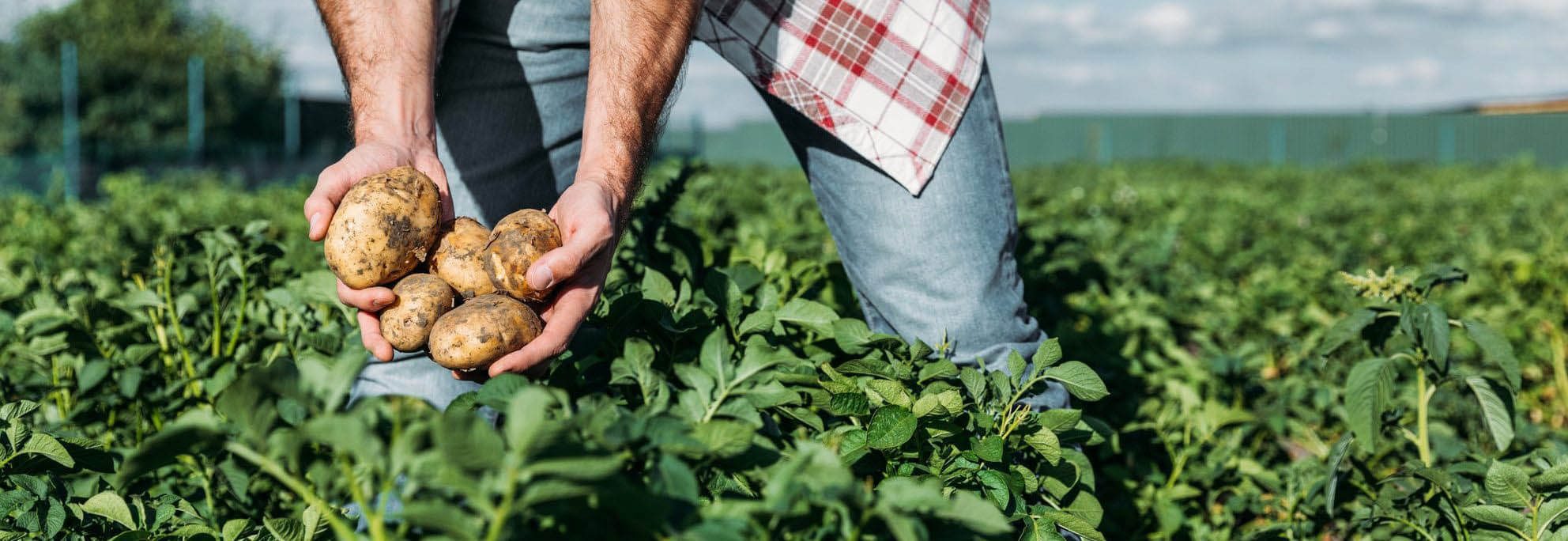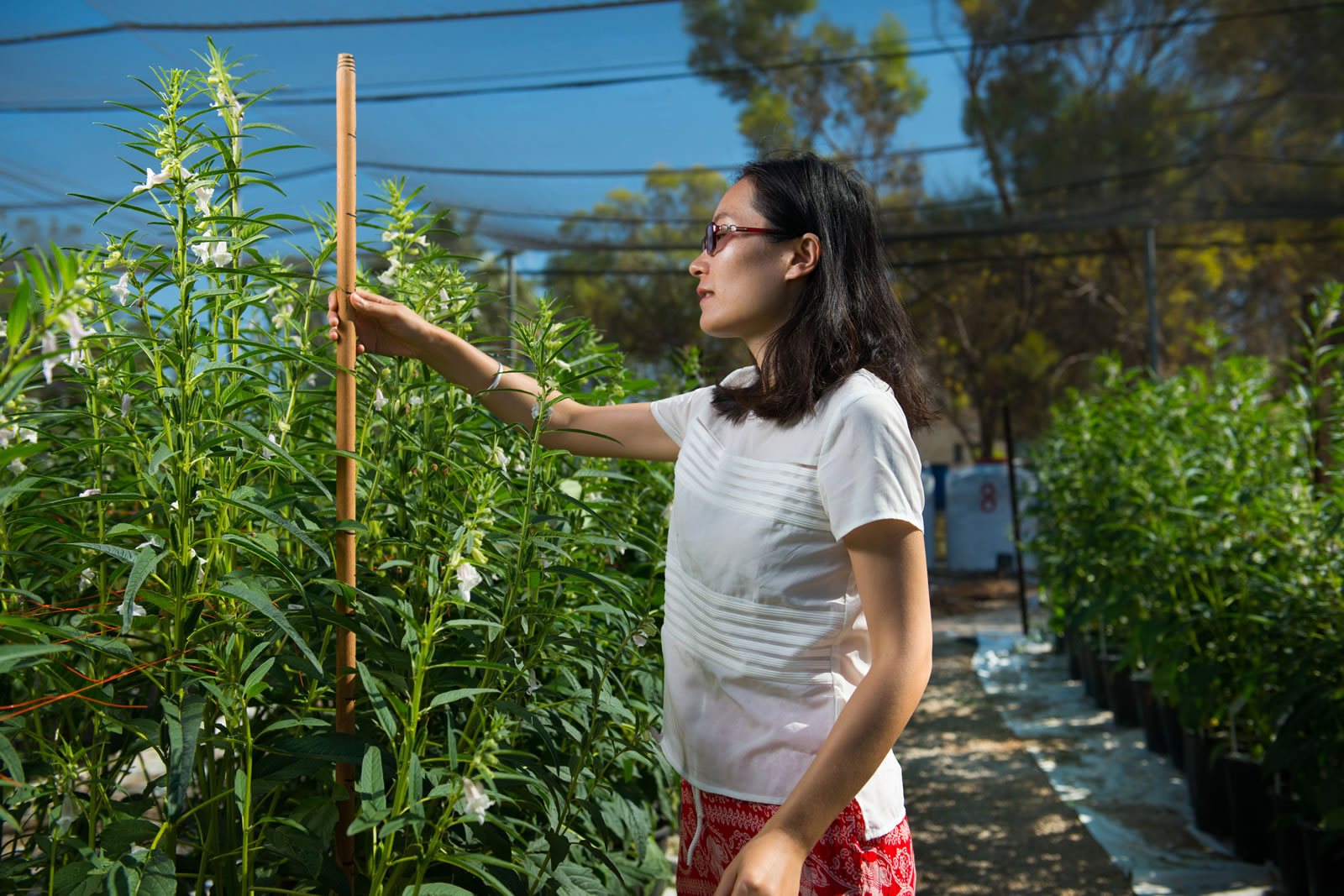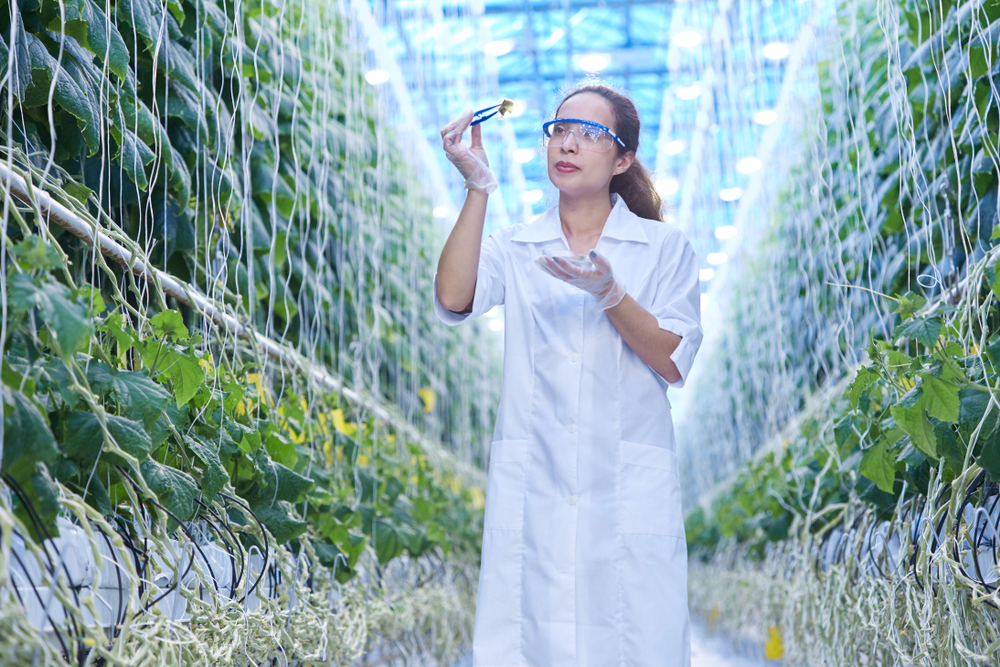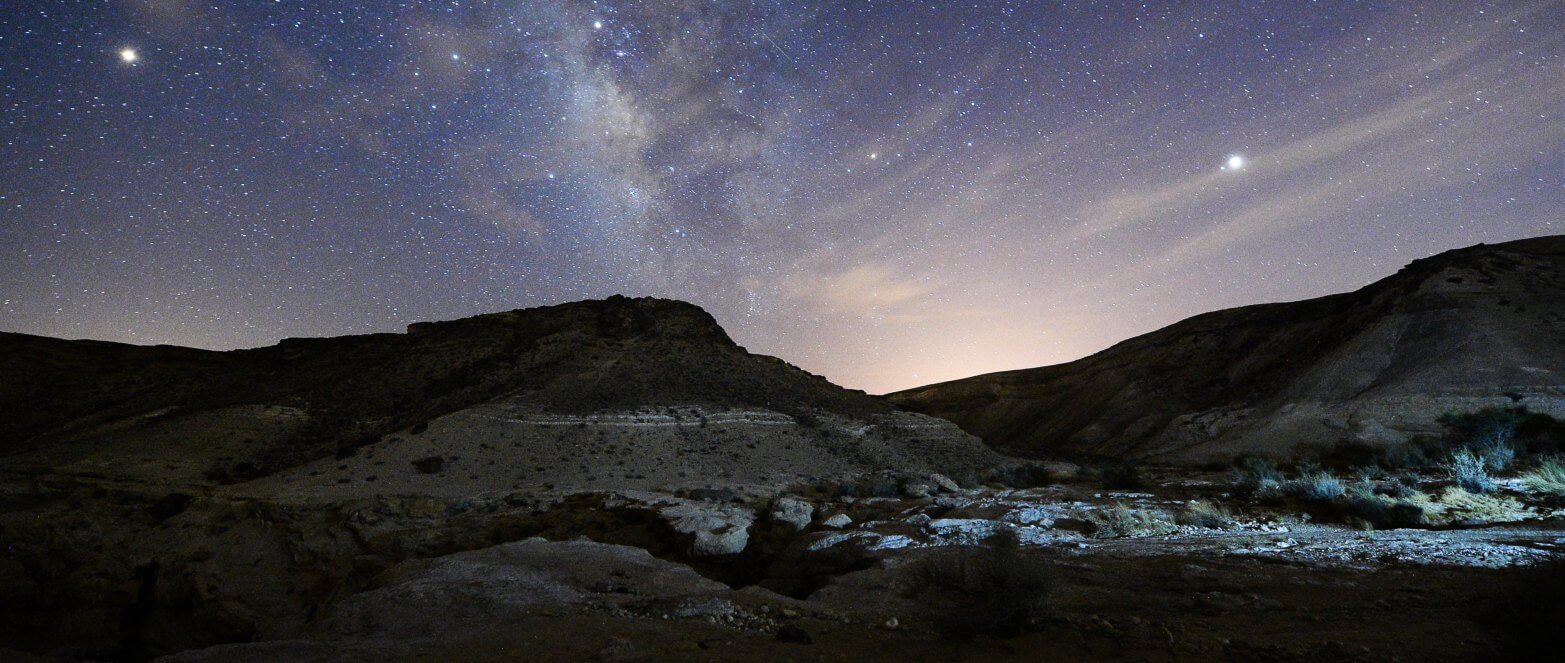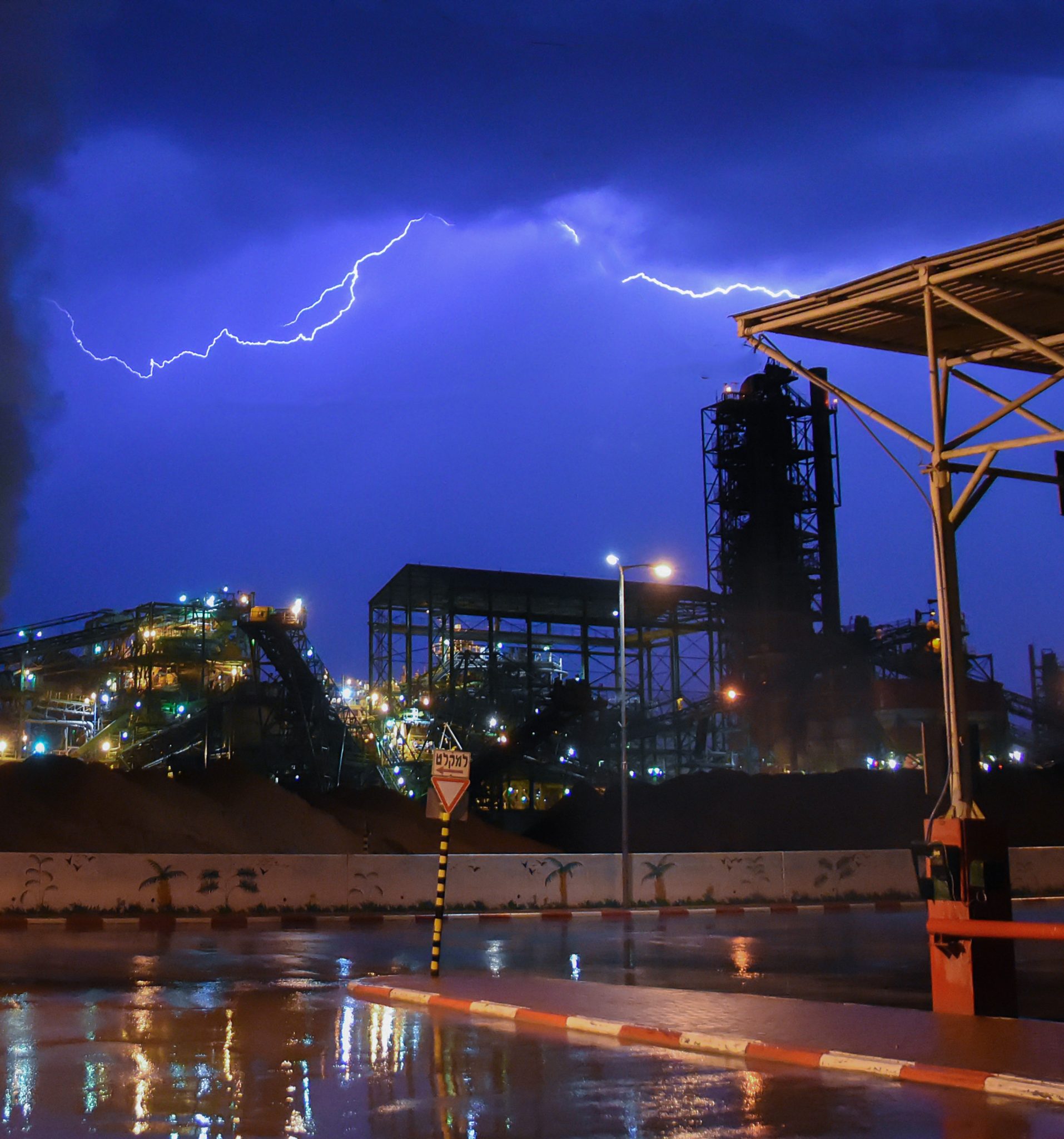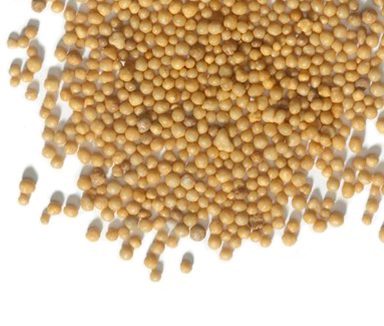
Low Carbon Products & Carbon Footprints
ICL has been measuring and managing its corporate carbon footprint for the past decade. Last year it also set an aggressive target to reduce its carbon footprint by over 30% within a decade and lately, has also declared a target of being Carbon Neutral by 2050. ICL is now engaged in the next phase - to assess the carbon footprints of each of its main products. Due to the unique nature of ICL’s products and production processes, some of ICL’s[...]



